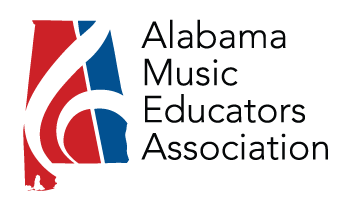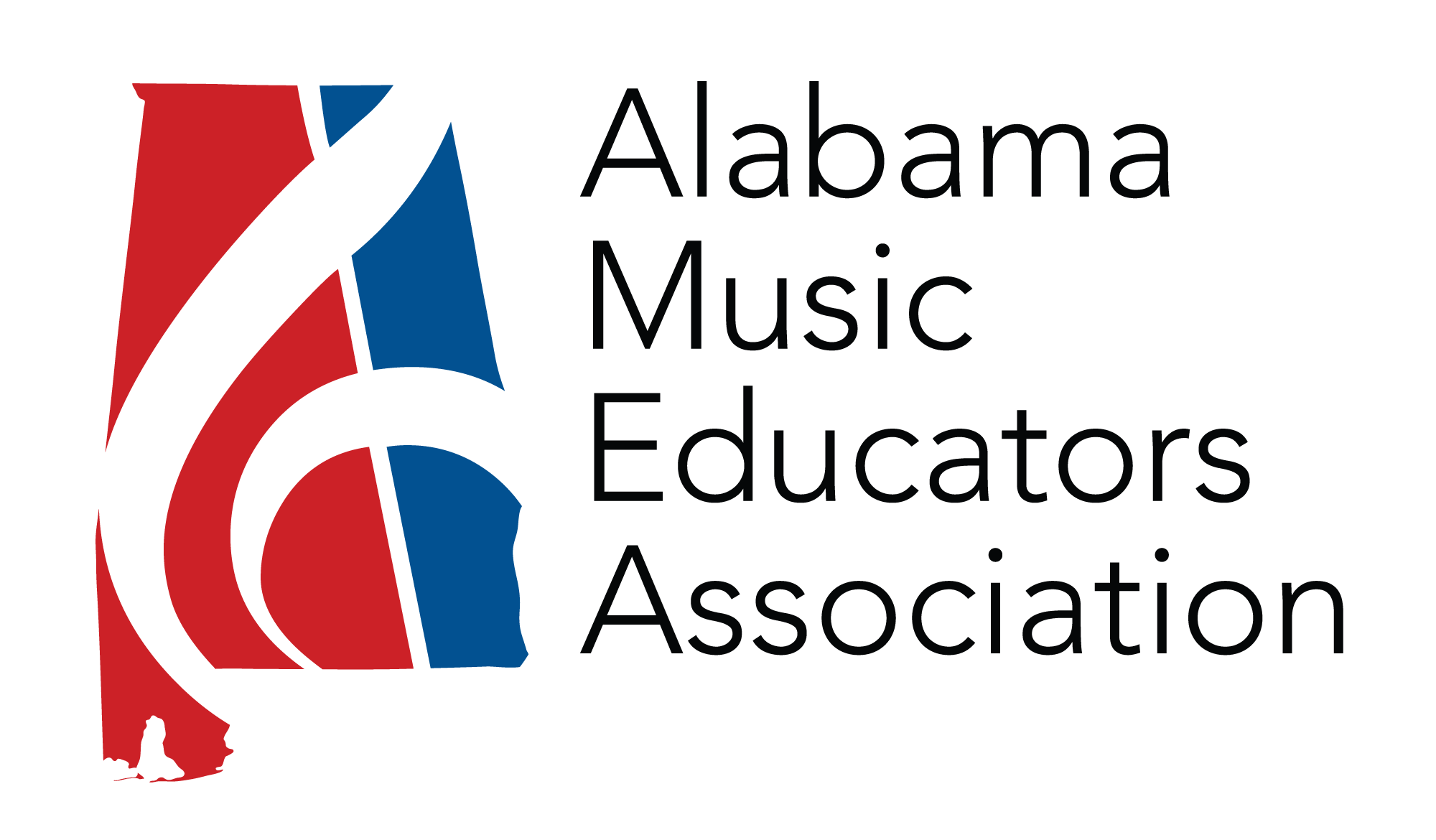
Updates to NASM Accreditation Standards and Guidelines for Higher Ed Music Programs
Feb 23 2024
 In lieu of a post-conference HED recap, I figure no time like the present to review recent changes in philosophy and language being discussed and implemented in higher education at the national level. At the recent annual meeting for the National Association of Schools of Music held last November, several notable changes in language affecting higher education music programs that are accredited by NASM or that are seeking accreditation by NASM were discussed, voted on, and ratified by the NASM membership, Board of Directors, and Commission. Over the holidays, these updates were added to the NASM Handbook that all institutional members adhere to and use to guide curriculum development at their respective institutions. The new 2023-2024 Handbook that includes these recent updates is now available for viewing online at https://nasm.arts-accredit.org
In lieu of a post-conference HED recap, I figure no time like the present to review recent changes in philosophy and language being discussed and implemented in higher education at the national level. At the recent annual meeting for the National Association of Schools of Music held last November, several notable changes in language affecting higher education music programs that are accredited by NASM or that are seeking accreditation by NASM were discussed, voted on, and ratified by the NASM membership, Board of Directors, and Commission. Over the holidays, these updates were added to the NASM Handbook that all institutional members adhere to and use to guide curriculum development at their respective institutions. The new 2023-2024 Handbook that includes these recent updates is now available for viewing online at https://nasm.arts-accredit.org
My biggest takeaway from the recent updates to the NASM Handbook is that language choice in the world of music education is very impactful. The language choices used in accreditation materials must be representative of an extremely broad array of music programs existing at higher ed institutions across the nation; institutions that differ greatly in size, scope, and mission, so it is important that national standards are equitable, and representative of all constituents served by the Association. One thing that I was looking forward to at the AMEA conference this year was seeing how an increased emphasis on diversity, equity, and inclusion, and a diverse representation of presenters, ensembles, presentation topics, and panel discussions, would involve and include more members from across the state of Alabama. The sense of community, camaraderie, and fellowship shared by members of the Association during conference week is so important to spurring on further discussion and to forming an identity that encompasses all of our shared goals as music educators, rather than our differences.
One of the most important Handbook language revisions approved by the NASM Commission focuses on historical content and repertory selections for students enrolled in professional Baccalaureate degrees in music and for students enrolled in any undergraduate music program leading to teacher certification. In other words, standards that guide which composers, genres, and cultural perspectives to include and/or exclude when designing curriculum.
The changes made to section VIII.B.4. are a good example of the new language changes adopted by the Commission. We can see the impact of those wording changes by comparing the 2022-2023 Handbook to the 2023-2024 Handbook. For our purposes, the changes appear in yellow highlight.
VIII.B.4. (2022-2023 Handbook)
History and Repertory: Students must acquire basic knowledge of music history and repertories through the present time, including study and experience of musical language and achievement in addition to that of the primary culture encompassing the area of specialization.
VIII.B.4. (2022-2023 Handbook)
History and Culture: As appropriate to their major field of study, students must acquire basic overview knowledge of music history and various music cultures through the present time, including study and experience of musical language and achievements that extend beyond those associated with the primary specialization.
So, why are these changes in wording significant? In my opinion, these updates acknowledge that there is no one-size-fits-all course of study in music and that music students benefit greatly from being exposed to a variety of composers, genres, and repertoire. Changes in wording effectively create space for and encourage greater diversity, rather than only focusing exclusively on Western European canon composers, genres, and repertoire.
Another important Handbook revision, made to sections XIV.B.3.c., XIV.B.6.c., and XIV.B.7.d., focuses on content choices for students enrolled in Master’s degree programs in Conducting, Performance (general), and Opera Performance. These revisions include modifications to the language proficiencies required in these programs.
XIV.B.3.c. (2022-2023 Handbook)
Choral conducting majors must be proficient in vocal pedagogy and English, German, French, Italian, and Latin diction. They must have general phonetic knowledge and skills that can be related to other languages. They should have language competencies sufficient to understand texts in the repertory.
XIV.B.3.c. (2023-2024 Handbook)
Choral conducting majors must be proficient in vocal pedagogy and in the diction of various languages (e.g., English, German, French, Italian, Latin, and other world languages as appropriate). They must have general phonetic knowledge and skills that can be related to the various languages. They should have language competencies sufficient to understand texts in the repertory.
XIV.B.6.c. (2022-2023 Handbook)
Voice majors are expected to be proficient in English, German, French, and Italian diction and to have general phonetic knowledge and skills that can be applied to various other languages. They should have language competencies sufficient to understand texts in the repertory.
XIV.B.6.c. (2023-2024 Handbook)
Voice majors are expected to be proficient in the diction of various languages (e.g., English, German, French, Italian, Latin, and other world languages as appropriate) and to have general phonetic knowledge and skills that can be applied to the various languages. They should have language competencies sufficient to understand texts in the repertory.
XIV.B.7.d. (2022-2023 Handbook)
Students must develop advanced competence in English, Italian, French, and German diction and general phonetic knowledge and skills that can be applied to other languages. They should have language competencies sufficient to understand texts in the repertory.
XIV.B.7.d. (2023-2024 Handbook)
Students must develop advanced competence in the diction of various languages (e.g., English, German, French, Italian, Latin, and other world languages as appropriate), and general phonetic knowledge and skills that can be applied to the various languages. They should have language competencies sufficient to understand texts in the repertory.
The same type of modifications to language proficiencies can also be seen in the revisions made to Appendix I.D., Standards and Guidelines for the Education and Training of Conductors: Choral, Orchestral, Wind, and to Appendix I.D., Standards and Guidelines for the Education and Training of Conductors: Choral, Orchestral, Wind, pertaining to the Master’s degree in Conducting.
Appendix I.D.1.C.2. (2022-2023 Handbook)
For choral and orchestral conductors, language and diction skills sufficient to coach singers in French, German, Italian, English, and Latin, as well as general phonetic knowledge that can be related to other languages are essential. For orchestral conductors, skills sufficient to conduct rehearsals in modern European languages are desirable.
Appendix I.D.1.C.2. (2023-2024 Handbook)
For choral and orchestral conductors, language and diction skills, and general phonetic knowledge sufficient to coach singers in various languages including as appropriate, but not limited to, French, German, Italian, English, Latin, and other world languages, are essential. For orchestral conductors, skills sufficient to conduct rehearsals in various world languages are desirable.
Appendix I.D.4.E.1.c. (2022-2023 Handbook)
Choral conducting majors must be proficient in vocal pedagogy and English, German, French, Italian, and Latin diction. They must have general phonetic knowledge and skills that can be related to other languages. They should have language competencies sufficient to understand texts in the repertory.
Appendix I.D.4.E.1.c. (2023-2024 Handbook)
Choral conducting majors must be proficient in vocal pedagogy and in the diction of various languages (e.g., English, German, French, Italian, Latin, and other world languages as appropriate). They must have general phonetic knowledge and skills that can be related to the various languages. They should have language competencies sufficient to understand texts in the repertory.
So, why are these changes in wording significant? These changes help open doors to welcome students from a diverse array of backgrounds and cultures. The beauty of these changes is that the revised standards do not detract from the importance of the languages that vocalists have been expected to be proficient in, instead, they merely create space for the study and practice of additional languages outside of the big four, or big five if you will.
In conclusion, I look forward to seeing how additional changes in philosophy and language at the national level continue to open doors for more students from diverse backgrounds, and I wish all of my HED colleagues from across the state much success during the spring semester. See you at next year’s conference!urs.
Crafting a New Vision for Music Education in Montgomery
Oct 13 2023
 This past summer, I was excited to learn about the addition of Mrs. Natalie Roig-McKnight, Ed.S, who is serving as the new education specialist for fine arts programs for the Montgomery Public Schools. What better way to introduce Mrs. Roig-McKnight to our broader AMEA membership than to engage in a brief interview; many thanks to Mrs. Roig-McKnight for graciously agreeing to participate and for sharing her vision for music programs and Arts education in Montgomery!
This past summer, I was excited to learn about the addition of Mrs. Natalie Roig-McKnight, Ed.S, who is serving as the new education specialist for fine arts programs for the Montgomery Public Schools. What better way to introduce Mrs. Roig-McKnight to our broader AMEA membership than to engage in a brief interview; many thanks to Mrs. Roig-McKnight for graciously agreeing to participate and for sharing her vision for music programs and Arts education in Montgomery!
Q: What are a few of your main priorities and goals for the music programs in the Montgomery Public Schools for the 2023-2024 school year?
A: The main priorities and goals for the K-12 music programs are: (1) to ensure that music education is accessible to all students in our district. We have increased the number of music educators in our system since this past spring and are continuing to increase the number of music educators in our system, (2) to provide ongoing training and support for music teachers to enhance their skills, teaching methods, and knowledge of best practices in music education. We will accomplish this with strong, ongoing partnerships within our local community, including partnerships with Alabama State University, Huntingdon College, and the Montgomery Symphony Orchestra. As we implement professional learning communities for each of our fine arts disciplines, including music, our community partners will aid in helping our music educators by hosting PLCs and by providing teaching strategies to improve best practices, and (3) to provide students with opportunities to showcase their musical talents through concerts, recitals, competitions, and assessments to build student confidence and stage presence. These activities will be key opportunities for our teachers to reflect on the effectiveness of their instruction based on their students’ results.
Q: What are a few innovations or new trends in music education that you would like to see take foot in Montgomery and school music programs across the state of Alabama?
A: One trend that I am seeing is an emphasis on career preparation for our students. Many schools want their students to either be enrolled, employed, or enlisted after graduation, and music education can help get our students to all three options. Music education offers courses and pathways that prepare students for careers in music beyond performances, such as music production, music therapy, and music education. We see scholarship opportunities in music at just about every post-secondary Institution, that can help aid our students in attending a post-secondary institution. When it comes to employment, some districts are providing digital music production opportunities, where students can embrace technology, by teaching students how to create, record, and produce music digitally. This type of exposure can often help prepare students to have jobs associated with the music industry. Music Education can even help get our students opportunities in the military with marching experience and provide our students with a pathway to a career after their service in the military ends. Music is a great aid and opportunity for our kids for their future and the MPS district believes in providing music opportunities for all students.
Q: What are some of the biggest challenges that our music specialists teaching in public schools in Alabama face, and what resources can you suggest that might help with these challenges?
A: The biggest challenge I believe for music specialists in public schools is funding. I encourage advocacy and grant writing to aid in breaking through this often-encountered barrier. In the state of Alabama, we have many opportunities through the State Arts Council, State Art Alliance, State Department of Education, and local community organizations whose goal is to help in aiding our programs. Our goal in Montgomery Public Schools is to increase the submission of grants from our teachers, by supporting teachers to ensure strong grant applications. The next challenge goes hand in hand with funding, which is making sure that the community, administrators, and stakeholders understand the importance of music education. We need to communicate that music is not just an elective or a hobby. As leaders in our field, we must advocate for our programs and communicate our why!
Q: How has the focus and reach of music education evolved in Alabama since the pandemic?
A: Music educators across Alabama explored creative ways to leverage technology for virtual music instruction; as well as, expanding their curriculum in music technology. Some music programs in Alabama emphasized teaching students how to use music production software and digital tools for composition and recording. I also believe the pandemic has forged stronger partnerships with institutions of higher learning and professional musicians within the community to enhance and build back many programs. The pandemic also put a huge emphasis on social and emotional learning, and the role of music in supporting students’ mental health has greatly increased. Music to many is an outlet and can impact the whole student.
Q: What advice would you give to our new first-year music teachers?
A: First, CONGRATULATIONS! When it comes to advice for your first year, first build strong classroom management skills. Establish clear expectations and routines from day one and be consistent. Next, get to know your students by taking the time to know your students as individuals. Understanding their backgrounds, interests, and learning styles will help impact your instruction and can drive your choices for your classroom. When it comes to instruction, make sure to reflect. Regularly reflect on your teaching practices. Identify what works well and areas that may need to be improved. Be open to making adjustments and continually seek ways to enhance your teaching. Make sure to celebrate achievements by recognizing and celebrating your students. Positive reinforcement can boost their confidence and motivation. Know that as a first-year teacher, it is okay to reach out and ask for help. Learning from someone with more experience can be immensely beneficial during your first year. Mentors may not be established in your district, but your professional organization is full of successful mentors. But above all have fun, stay calm, and prioritize personal wellness!


